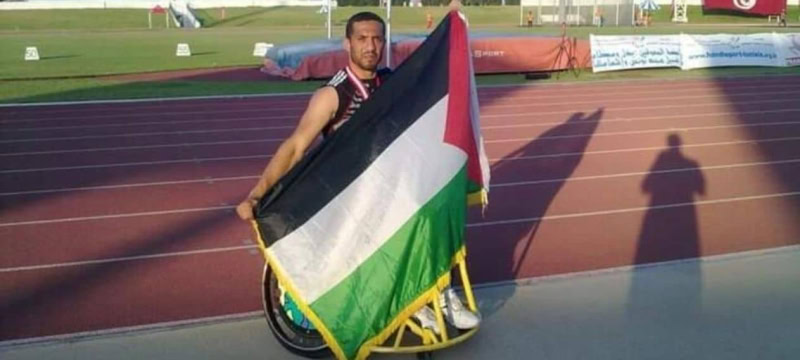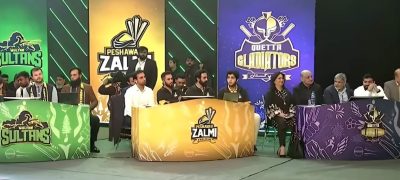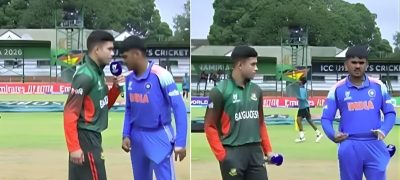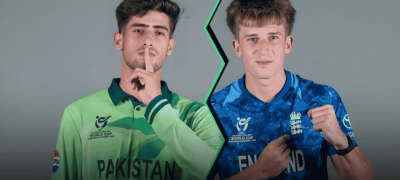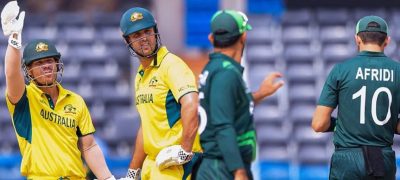During the recent Paralympics opening ceremony on Paris’ Champs-Élysées, athletes marched together in large groups, but Fadi Aldeeb stood out as the only Palestinian representative. For Aldeeb, this role carries profound significance amid the ongoing conflict between Israel and Hamas in his homeland.
Aldeeb, a wheelchair basketball player from the Gaza Strip who will also compete in shot put, feels both fortunate and burdened by the responsibility of representing Palestine alone. “There’s too much responsibility in this time … to show the people that you are from Palestine. This is the flag of Palestine – we are still alive, we are still here,” he told to News Reporter.
Read more: UN Plans to Vaccinate Gaza Children During Ceasefire
He expressed deep emotion upon learning of his selection, describing how he cried when he first received the news. Now, he views his participation as a powerful statement about the resilience and humanity of Palestinians despite the challenging circumstances.
Palestine’s National Olympic Committee was officially recognized by the International Olympic Committee (IOC) in 1995, enabling Palestinian athletes to compete in the Games.
At the recent Paris Olympics, eight Palestinian athletes competed across various sports such as athletics, taekwondo, shooting, swimming, judo, and boxing. Although none secured a podium finish, their participation was seen as a victory in itself.
Swimmer Yazan Al Bawwab expressed a sense of achievement regardless of the outcomes, stating, “Whether a medal or not, we already win,” in an interview with Reuters before the Games.
In the midst of the competition, the Palestinian Ministry of Health in Gaza reported over 40,000 deaths due to the ongoing conflict in the region over the past 10 months. This figure has not been independently verified by CNN, and the ministry’s numbers do not differentiate between combatants and civilians, although it notes that the majority of the deceased are women and children. Israel has reported that it has killed over 17,000 combatants in Gaza since the conflict began.
For Fadi Aldeeb, the situation has been particularly devastating. He has lost his brother and two nephews amid the conflict while preparing for his Paralympic debut. “This is so difficult,” Aldeeb said. “You can imagine that you are doing your sport to be ready for the Paralympic Games, and at the same time, you are also human. You think about your family, about many things; it’s a complicated feeling.”
A Decade Away from Home

Fadi Aldeeb has not seen his family in Gaza for a decade, having traveled to Turkey, Greece, and France due to his basketball career. Despite his physical distance, he remains deeply affected by the violence in his homeland.
In 2001, during the Second Intifada, Aldeeb, then an 18-year-old volleyball player, was shot in the back by a sniper. The injury left him paralyzed from the waist down due to fractures in his T11 and T12 vertebrae. His recovery involved 14 months in hospitals, and the impact on his parents was profound. Aldeeb recalls, “It’s like [it] killed them. I watched them cry when they saw me after I became disabled … It’s very difficult for them to understand what happened.”
Despite these challenges, Aldeeb has found renewed purpose through sports. He began playing basketball in 2004 and later took up athletics in 2007, creating what he describes as a “new life” away from Gaza and his family.
Aldeeb reflects on the harsh conditions in Gaza, noting that living there with a disability is exceptionally difficult. He has not only missed his family but also the familiar sights and sensations of his homeland. “It’s complicated – for 10 years, I’ve not been there,” he says.
Although a shoulder injury kept him from competing in the London Paralympics in 2012, Aldeeb is set to make his Paralympic debut at the Stade de France just days before turning 40. Representing over 14 million Palestinians worldwide, he is motivated by the support from his compatriots.
“I get many messages from friends in Gaza, the West Bank, and around the world,” Aldeeb shares. “They are supporting me, saying, ‘We are with you, we are supporting you, so keep going – this is the message from your country.’”


